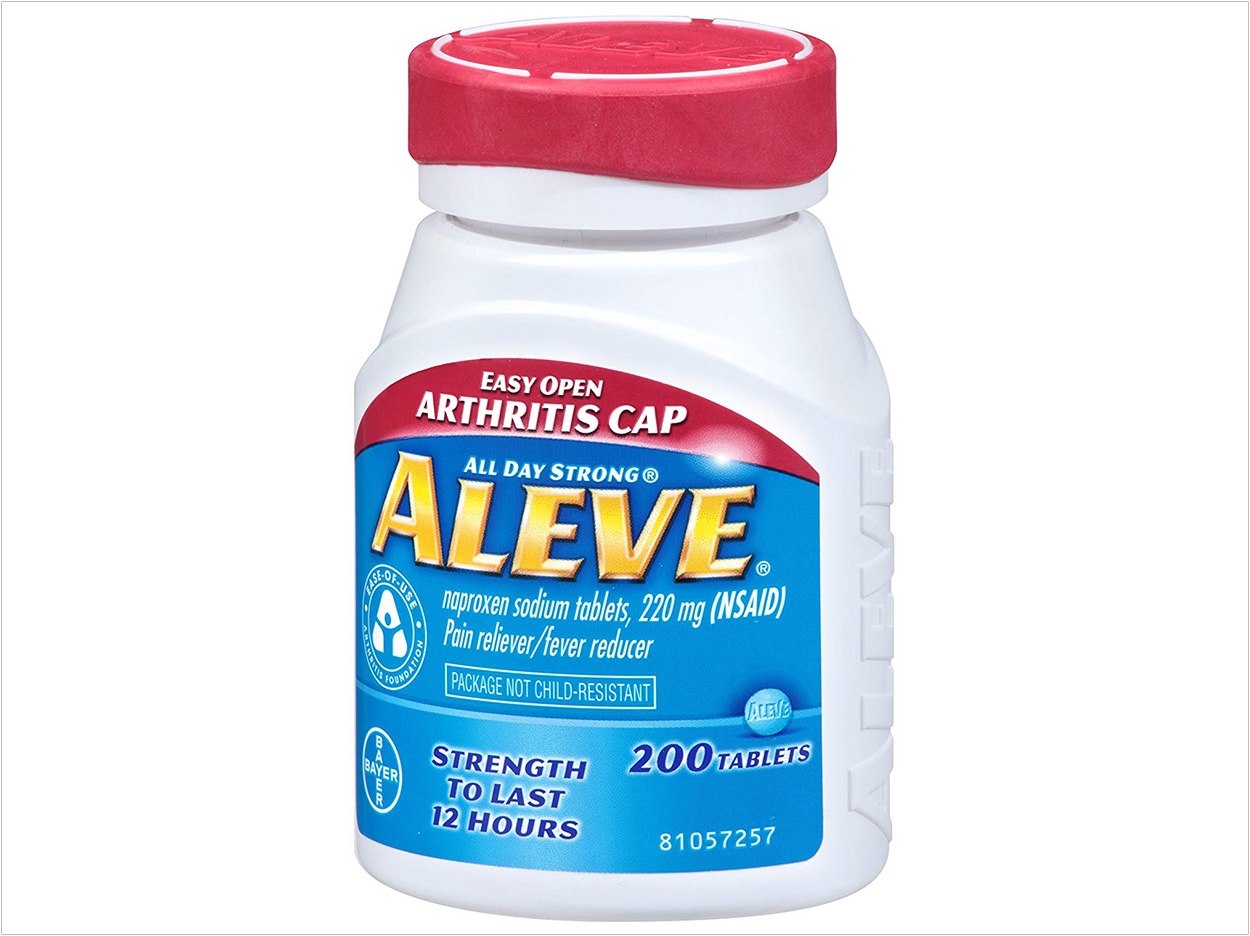Medication After Wisdom Tooth: Ease Your Pain

Pain after wisdom tooth extraction is a common experience for many, but fortunately, it can be managed effectively with the right approach to medication and post-operative care. Understanding the types of medications available and how they work can significantly ease the discomfort and hasten the recovery process.
Introduction to Post-Operative Pain Management
The removal of wisdom teeth, also known as third molars, is a frequent dental procedure. It’s performed either because the tooth has become impacted, causing pain and risk of infection, or as a preventive measure to avoid potential future problems. Post-operative pain is primarily due to the surgical trauma to the tissues, inflammation, and the initial stages of the healing process.
Types of Medication for Pain Relief
Over-the-counter (OTC) Pain Relievers: These are the first line of defense against mild to moderate pain. Common OTC pain relievers include acetaminophen (Tylenol) and ibuprofen (Advil, Motrin). Acetaminophen is effective for relieving pain and reducing fever but does not have anti-inflammatory properties. Ibuprofen, on the other hand, reduces inflammation, which can help with swelling as well as pain relief.
Prescription Pain Medications: For more severe pain, your dentist or oral surgeon may prescribe stronger medications. These can include opioids like hydrocodone or oxycodone, often combined with acetaminophen. Opioids are effective pain relievers but can have side effects like nausea, drowsiness, and constipation. They also carry a risk of dependency and should be used with caution and only as directed.
Topical Anesthetics and Gels: Though not as commonly used for post-operative pain management at home, topical anesthetics can provide temporary relief by numbing the area. These might be used in the dentist’s office or immediately after the procedure.
Managing Pain Effectively
Follow Instructions: Adhere to the medication schedule as prescribed by your dentist or oral surgeon. If you’re taking prescription medication, do not exceed the recommended dosage, and be mindful of potential interactions with other medications you’re taking.
Use Ice and Heat: Applying an ice pack to the cheek near the extraction site can help reduce swelling in the first 24 hours. After 24 hours, warm compresses can be used to increase blood flow and promote healing.
Soft Food Diet: Stick to a soft food diet for a few days to avoid irritating the extraction site. Soups, yogurt, mashed potatoes, and scrambled eggs are good options.
Rest and Hydration: Adequate rest and staying well-hydrated are crucial for the healing process. Avoid strenuous activities and ensure you drink plenty of water.
Maintain Oral Hygiene: While it’s essential to keep the extraction site clean, be gentle when rinsing your mouth and brushing your teeth. Your dentist may recommend a saltwater rinse to promote healing and reduce the risk of infection.
Potential Side Effects and Complications
While medications are generally safe when used as directed, it’s essential to be aware of potential side effects and complications. For instance, NSAIDs like ibuprofen can cause stomach upset and should be taken with food. Opioids can lead to drowsiness and should not be mixed with alcohol or other sedatives.
FAQ Section
How long does pain last after a wisdom tooth extraction?
+Pain after wisdom tooth extraction can vary from person to person but typically subsides within 3 to 7 days. Mild discomfort may persist for up to two weeks as the site continues to heal.
Can I take pain medication before the numbness from the procedure wears off?
+It's advisable to start taking pain medication as soon as possible after the procedure, even before the numbness wears off, as this can help manage pain more effectively and prevent it from becoming severe.
What are the signs of infection after wisdom tooth extraction?
+Signs of infection can include increased pain, swelling, redness, and discharge from the extraction site, fever, and a bad taste in the mouth. If you experience any of these symptoms, contact your dentist immediately.
Can I smoke after a wisdom tooth extraction?
+No, it's highly recommended to avoid smoking for at least 24 to 48 hours after the procedure. Smoking can delay healing and increase the risk of complications, including dry socket.
Conclusion
Managing pain after a wisdom tooth extraction is crucial for a smooth and quick recovery. By understanding the available medication options, following post-operative instructions carefully, and being aware of potential complications, individuals can minimize their discomfort and ensure the best possible outcome. Always consult with your dentist or oral surgeon if you have questions or concerns about your recovery.